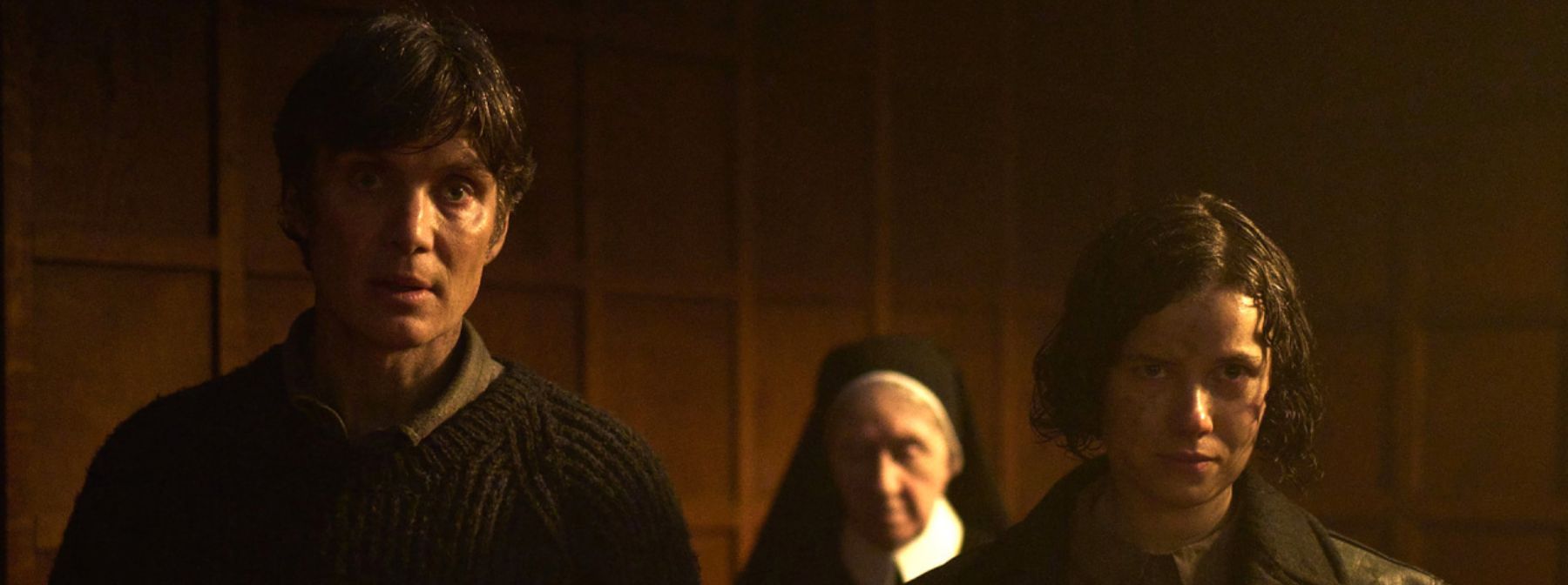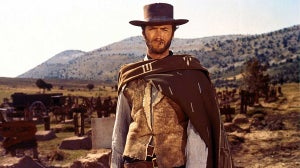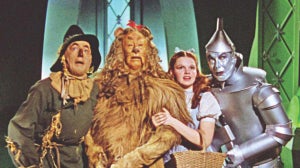
You wouldn’t know from watching it, but Small Things Like These wasn’t made by an Irish filmmaker.
The acclaimed adaptation of Claire Keegan’s award-winning 2021 novel, which is released on Blu-ray this week (Monday, 3rd February), instead arrived on our screens courtesy of Belgian filmmaker Tim Mielants. However, it was his distance from the material which prompted star and producer Cillian Murphy to handpick him as director.
He told Zavvi: “We’d worked together on Peaky Blinders, but when he saw my first movie (Patrick) that was a turning point, and we’d started looking for material together. It was through his wife that we discovered the book, and Cillian said to me that it’d be a great choice for us to make together because I wouldn’t be carrying the heavy load of Ireland’s history on my shoulders.
“I’m coming from a country which has been a victim of Catholic suppression for many years as well, so I’m not totally alienated from it. But I’m not Irish and don’t have that personal connection to this story, which I’m upfront about, but Irish people are very nice – they help you and teach you about their history, and that’s what they did here.”
The intimate drama stars Murphy as coal merchant Bill Furlong, who on his deliveries one morning discovers a teenage girl hiding in the coal shed of the small town’s convent. She claims she’s pregnant, and will be forced to give birth there in a couple of months – after returning her to the nuns, he’s bribed in exchange for his silence, with the Mother Superior (Emily Watson) going as far as to hint that his children won’t be accepted into the church-run high school if he speaks out.
It’s not the first film to tackle the horrors of the Magdalene Laundries, workhouses operated by church elders which predominantly targeted single mothers and women who had sex outside of wedlock, but the film’s POV mostly keeps us on the outside of convent walls. Bill had a troubled childhood of his own, being raised by a single mother, and the drama follows his internal dilemma as to whether he should speak out about the torture an entire town wilfully ignores.
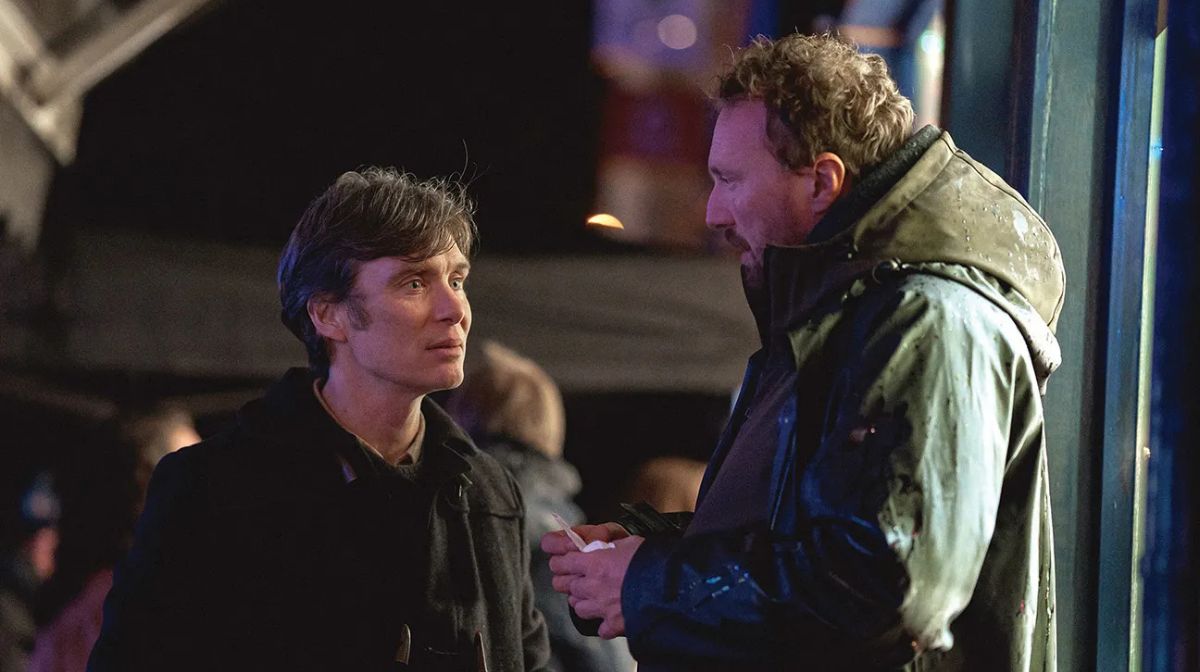
Mielants views the story as one about “grief”, with the flashbacks to Bill’s formative years being the key to what makes it work.
He explained: “The reason I wanted to make this was because of that theme of grief; when I read the book, that really felt like the engine of the story. When adapting the novel, we structured it around his pain, because he has never dealt with his childhood trauma, and him now thinking about that and working to confront it was what shaped the timeline of the screen narrative.
“I think you could call Bill a hero, because you have to have experienced pain to be a hero, as then you know the best way to make a difference – that's what I feel like anyway! If you can embrace pain, then you can do something selfless and brave to benefit others.”
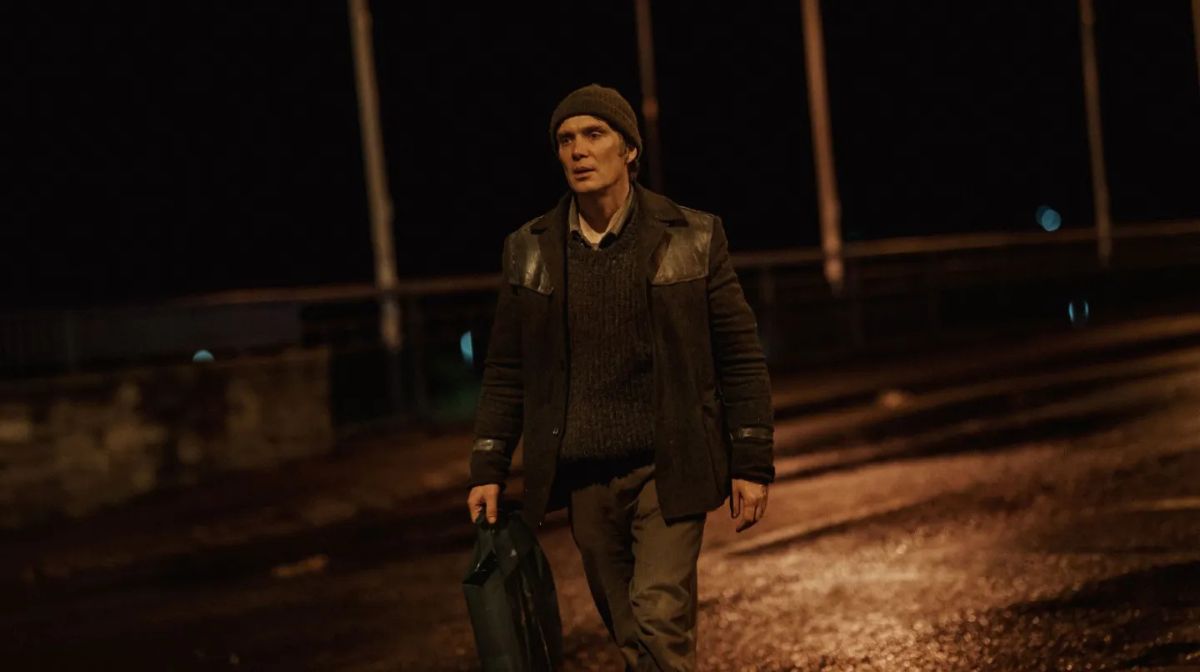
This is why he believes the movie has a contemporary resonance far beyond the historical setting as an exploration of bravery.
“I think being silent in the face of crimes like this makes you complicit, and I believe that’s what this story is about. Setting this story in the 1980s, when men weren’t allowed to talk about their emotions and were told to keep their trauma to themselves, means it doesn’t just feel like an Irish story; those were the social expectations when I was growing up in Belgium as well.
“I hope this movie reinforces that you should be allowed to question every institution, whether it’s political, religious or anything else, or very bad things will take place. There’s a danger in front of us in that respect.”
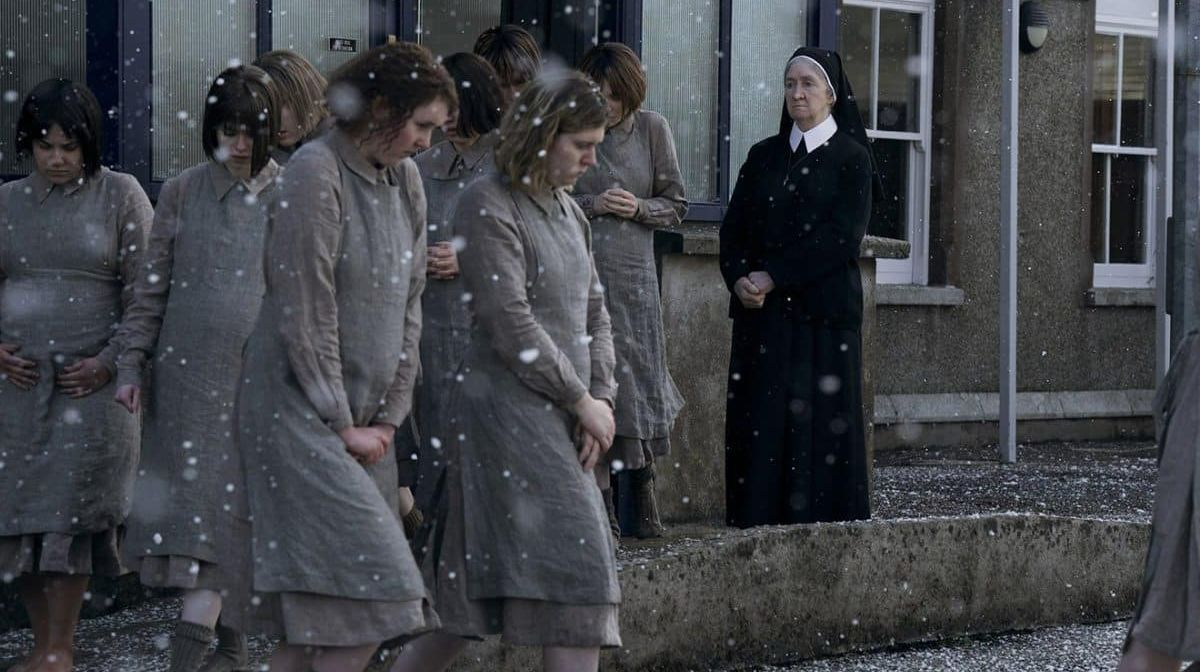
During pre-production, Mielants assumed he’d never be able to shoot in New Ross, where the story is set.
“With Peaky Blinders, we were trying to make Liverpool and Manchester look like Birmingham, and when I was making a WWII project set in my hometown in Belgium, we ended up having to shoot it in Poland! I came into the movie assuming New Ross wouldn’t be on the table, but after spending just five hours there, I knew it had to be.
“It’s a place with a real sense of existential emptiness to it; everything about the mood of the movie we got for free just from being in the town. However, we tried to step away from the reality of the book a little bit, as much as we trusted it – for me, the convent and the laundries feel like representations of what’s going on in Bill’s mind, visualising what happened there with his mother, which he never dealt with.
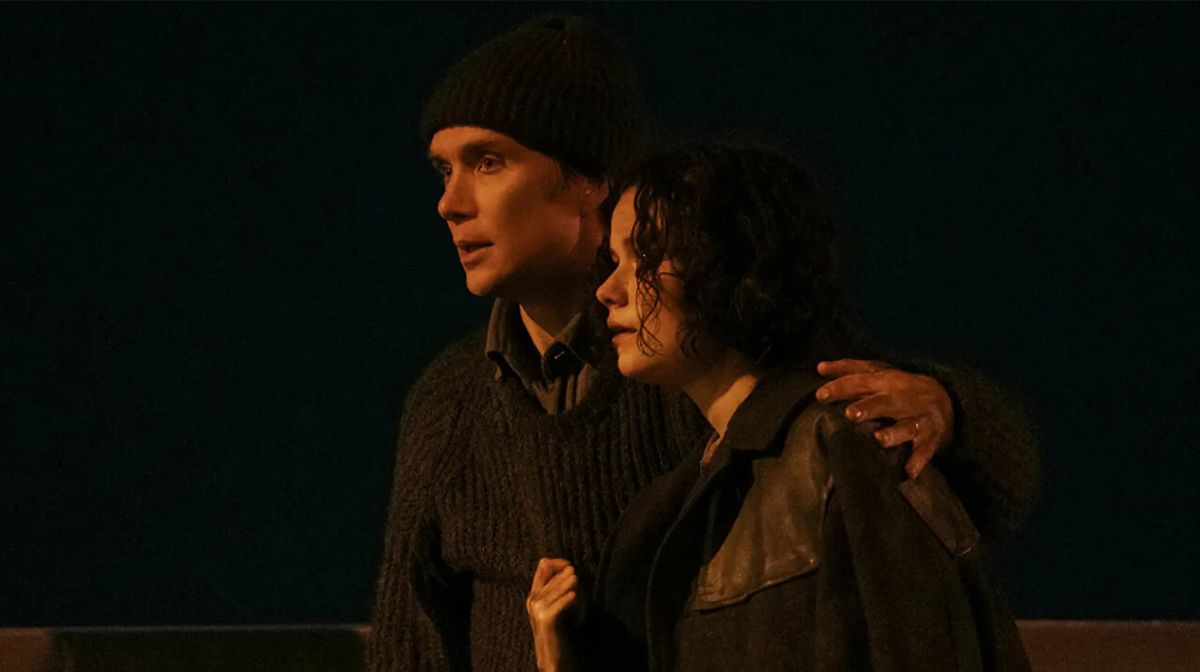
“That aspect gave me some creative licence to go slightly larger than life within such an intimate drama. Maybe I saw too many David Lynch movies, but I view Emily Watson’s character as more of a present manifestation of his trauma, which has taken human form; she plays it bigger than life, whilst remaining rooted in the story itself.”
During the shoot, Mielants had complete creative freedom thanks to Matt Damon and Ben Affleck signing on as producers, the former agreeing to it whilst shooting Oppenheimer with Murphy. They were very hands off, although as a fellow director, Affleck did have some notes during the editing process – Mielants took them on board and believed they “improved the movie”.
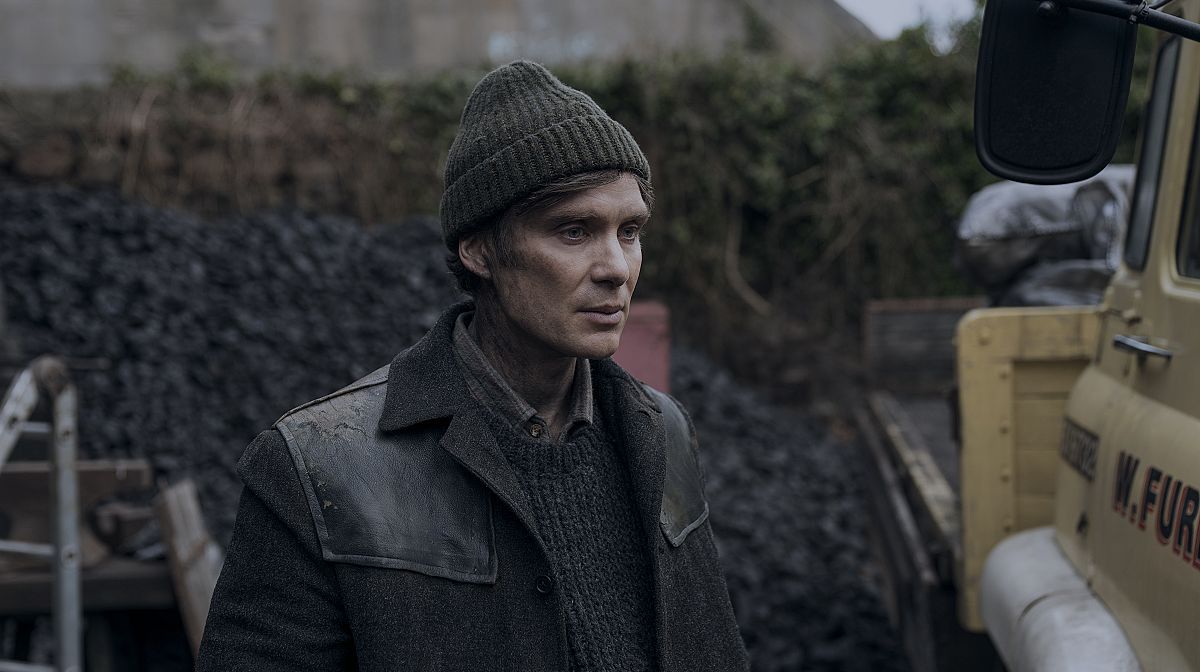
But even with this star pedigree, including a leading man taking on his first post-Oscar win role, Small Things Like These hasn’t made too much of an impact during awards season. As someone who felt Murphy’s performance was even stronger than the one he got an Academy Award for, I was curious as to why the director felt the actor’s immediate follow-up hasn’t registered in the same way.
“Well, I’m not Christopher Nolan, and this is a much smaller movie!” he laughed. “As an artist, I don’t think about awards, because I don’t think of this as a sport; I’m not interested in whether we are better or worse than someone else’s film or performance, I’m just happy that people seem to like the film – I don’t need any higher recognition than that.”

